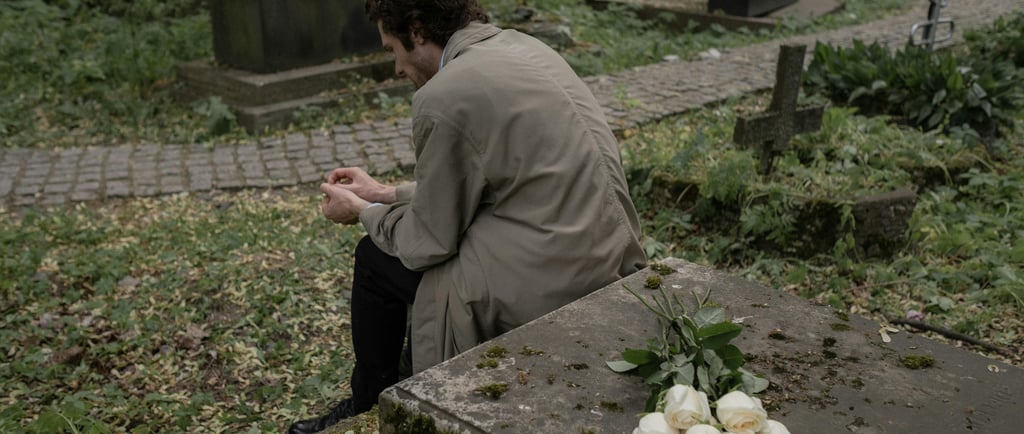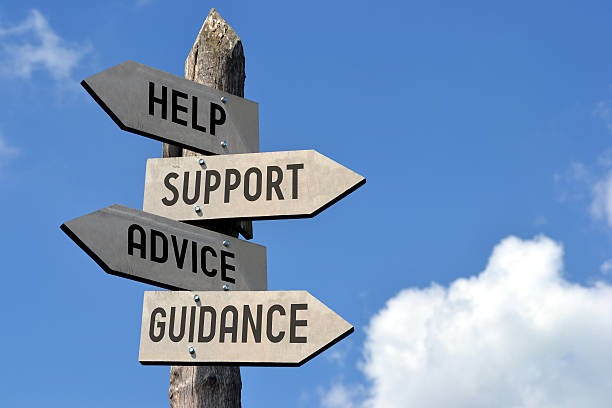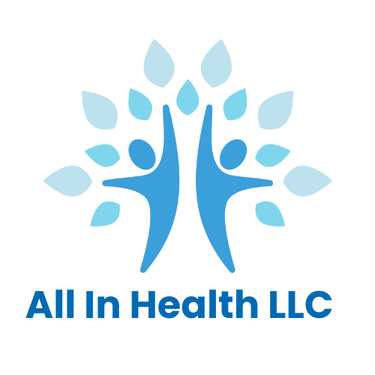The Effect of Grief and Loss on Addiction
Grief is one of the most powerful human experiences. It can shake our identity, shift our relationships, and leave us feeling untethered in daily life. For people in recovery or those struggling with substance use, grief can be especially complicated. The emotional weight of loss often collides with the vulnerability of addiction, creating unique challenges and risks. In this article, we’ll explore the connection between grief, loss, and addiction, the ways unprocessed grief can fuel relapse, and strategies for healing while protecting recovery.
All In Health
9/26/20254 min read


Understanding Grief and Loss
Grief is more than sadness. It’s a complex emotional, mental, and physical response to losing someone or something meaningful. Loss can come in many forms:
Death of a loved one
Divorce or relationship breakup
Loss of a job or financial stability
Health changes or disability
Loss of identity, home, or community
Grief often doesn’t follow a straight path. It can involve denial, anger, bargaining, depression, and acceptance—but not in a neat order. People may cycle through emotions repeatedly, sometimes for years. This intensity can feel overwhelming, especially for those who have relied on substances to cope with difficult feelings in the past.
Grief as a Contributor to Addiction
Grief often creates an emotional void. The sadness, anger, confusion, and yearning that accompany loss can feel too heavy to carry alone. For some, substances provide temporary relief—offering a way to “shut off” the emotions, distract the mind, or create a false sense of comfort. Unfortunately, this short-term escape often leads to long-term consequences. Research shows that traumatic or unresolved grief increases the risk of substance misuse. Instead of processing the pain in healthy ways, the individual may begin relying on substances to cope. This is especially true if they lack supportive relationships, coping skills, or safe outlets for expression. Over time, this coping mechanism can spiral into addiction, where the substance becomes a way of avoiding grief rather than healing from it.


Grief and Relapse in Recovery
For those already in recovery, grief is a major relapse trigger. A sudden loss or resurfacing of old grief can bring intense cravings, overwhelming sadness, and the urge to return to old behaviors. Many in recovery describe grief as feeling like “too much to handle,” which can make the relief of substances feel tempting once again. Recovery often requires structure, consistency, and emotional regulation, all of which grief disrupts. Sleep and appetite may change, routines may fall apart, and emotions can swing unpredictably. Without healthy supports in place, the risk of slipping back into substance use increases. This is why grief support and relapse prevention must go hand-in-hand.
The Impact on Mental Health
Grief does not exist in isolation, it deeply affects mental health. Prolonged or complicated grief can lead to depression, anxiety, post-traumatic stress symptoms, and feelings of hopelessness. It can disrupt concentration, lower motivation, and create a sense of emotional paralysis. For someone already struggling with mental health challenges, grief can intensify symptoms, making it even harder to manage daily life. Addiction further complicates this picture. Substance use can mask symptoms temporarily but ultimately worsens them, leading to a vicious cycle of pain and avoidance. Without proper support, grief can become a driving force behind both mental health struggles and substance use.


How Families Are Affected
Grief and loss extend far beyond the individual, they ripple through families and relationships. When a family member is grieving, communication may break down, roles within the household may shift, and unspoken tensions may rise. Families dealing with addiction on top of grief face an even heavier burden. For some, grief brings people closer together. For others, it creates distance, isolation, or conflict. Parents may grieve the child they once knew before addiction. Children may grieve the stability and safety they lost. Spouses and siblings may struggle with both their own grief and the challenge of supporting their loved one. If grief is left unacknowledged or unprocessed, it can fracture relationships and fuel cycles of shame, blame, and silence. Healing as a family is just as important as healing individually.
Moving Through Grief in Healthy Ways
Healing from grief does not mean “getting over it.” Instead, it means learning how to carry the loss in ways that allow for growth, connection, and resilience. Healthy grieving involves acknowledging emotions rather than numbing them, finding ways to honor what was lost, and leaning into support systems rather than withdrawing. This may include journaling, talking with trusted friends, engaging in therapy, joining support groups, or exploring creative outlets. Developing daily routines, practicing self-care, and giving space for rest are also vital. For those in recovery, integrating grief support into their relapse prevention plan can make the difference between staying on track and slipping back into old patterns.


How All in Health Can Help
We recognize that grief and addiction are deeply intertwined, and both must be addressed for lasting healing. That’s why we offer therapy, individualized recovery support, and coaching to meet clients where they are. Through therapy, individuals can process grief in a safe and compassionate space, explore the emotions tied to their loss, and learn strategies for coping without turning to substances. Our individualized recovery support helps clients rebuild routines, structure their days, and find meaningful activities to reduce the risk of relapse during grief. Coaching provides practical tools, accountability, and encouragement for those learning how to navigate life after loss while maintaining recovery. We also work closely with families, helping them understand how grief affects everyone differently, repair strained communication, and build new ways of supporting one another. By addressing grief, addiction, and family dynamics together, we create a holistic path forward.
Final Thought
Grief and loss are universal experiences, but their impact on addiction and mental health can be uniquely devastating. When left unaddressed, grief can fuel substance use, trigger relapse, and strain relationships. Yet, with the right support, it is possible to grieve in healthy ways, honor what was lost, and move toward healing. Recovery and grief work are not separate journeys, they are deeply connected. By embracing both, individuals and families can find hope, strength, and resilience in even the most difficult seasons.
GET STARTED TODAY
Your journey. Our commitment. Together, we’re all in.
STAY IN TOUCH
Contact Us
954-445-1567
© 2024. All rights reserved.
Contact Us
